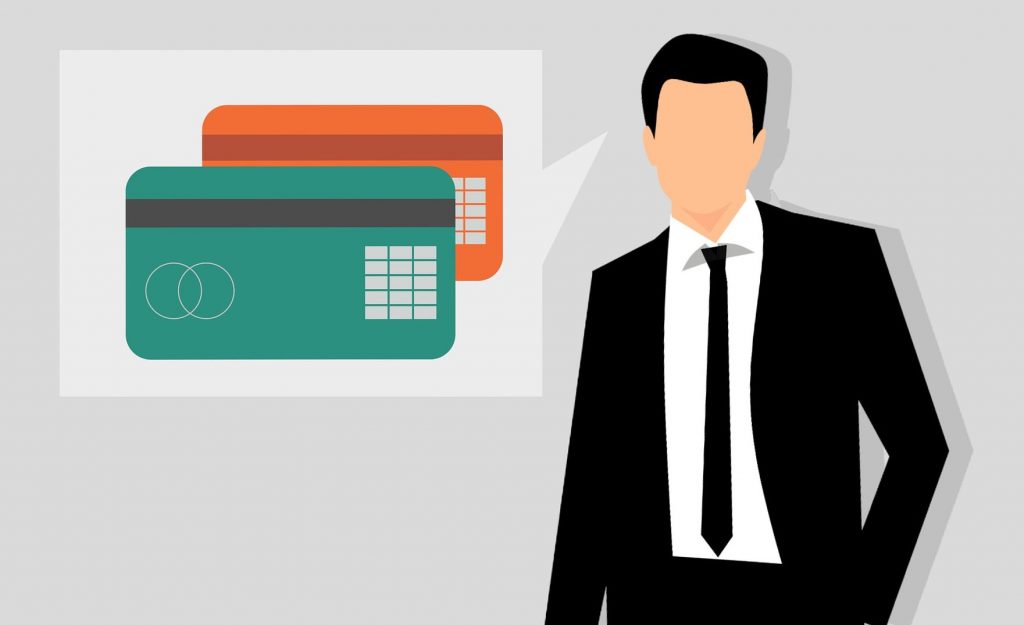Young people are becoming increasingly likely to get into financial difficultly. Why?
Economics and law are two areas that have always loved a bit of jargon. So it’s not super surprising that they both came up with a fancier way of calling someone broke. “Insolvent” means you don’t have the money to pay your debts on time. “Bankrupt” means the government has said you don’t have the money to pay your debts on time. Bankrupt people get some or all of their loans written off (but may have their high-value possessions sold, future wages deducted and be unable to get credit in the future). Only about 15 percent of insolvent people declared bankruptcy.
The UK gov counts up how many people are insolvent and bankrupt each year. Young adults (i.e. younger than 25) are one of the least likely age groups to be either, alongside retirees. But their numbers are increasing. There was a ten-fold increase in young adults entering ‘formal insolvency procedure’ (which includes bankrupcy and some other ways of managing unpayable debts) between 2016 and 2019. It’s worth noting that we’re still talking about a relatively small number of people here: 2,000 out of more than half a million young Brits. But there’s a growing worry that this is just the extreme end of a widespread problem of young people being saddled with debt they’re struggling to repay.
Reasons for why this might be happening are numerous. And while some put the blame on wider economic factors (rising rent, insecure work in the gig economy etc.) some also claim that young people have an entitled “‘want it now’ attitude” or are influenced by social media “to achieve that ‘perfect lifestyle’ - even if you need to overstretch your budget to do so”.
Of course, not everyone agrees that young people are guilty of this sort of constant consumerism. But what is agreed upon is that constant consumerism is exactly the thing that has often been implicitly or explicitly encouraged by businesses (who want ever-more customers to buy ever-more stuff from them), banks (whose low interest rates reduces the monetary rewards of saving and penalties of borrowing) and even politicians (because consumerism drives up economic growth, which most see as a good thing, especially after the 2008 Financial Crash).
Read our explainer on: economic success.

